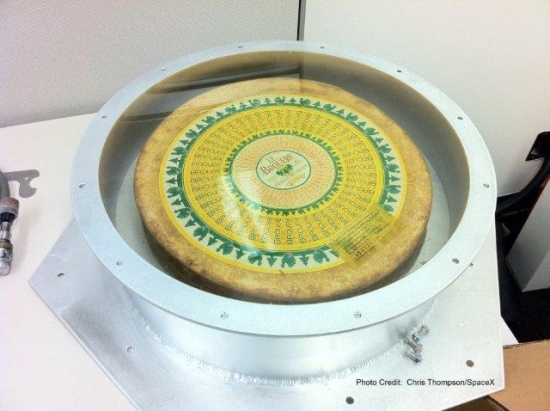Elon Musk defends his vision and success
Elon Musk defends his vision and success. Key quote:
For the first time in more than three decades, America last year began taking back international market-share in commercial satellite launch. This remarkable turn-around was sparked by a small investment NASA made in SpaceX in 2006 as part of the Commercial Orbital Transportation Services (COTS) program. A unique public-private partnership, COTS has proven that under the right conditions, a properly incentivized contractor — even an all-American one — can develop extremely complex systems on rapid timelines and a fixed-price basis, significantly beating historical industry-standard costs.
China has the fastest growing economy in the world. But the American free enterprise system, which allows anyone with a better mouse-trap to compete, is what will ensure that the United States remains the world’s greatest superpower of innovation.
To put it simply, Musk is right, on all counts.
Elon Musk defends his vision and success. Key quote:
For the first time in more than three decades, America last year began taking back international market-share in commercial satellite launch. This remarkable turn-around was sparked by a small investment NASA made in SpaceX in 2006 as part of the Commercial Orbital Transportation Services (COTS) program. A unique public-private partnership, COTS has proven that under the right conditions, a properly incentivized contractor — even an all-American one — can develop extremely complex systems on rapid timelines and a fixed-price basis, significantly beating historical industry-standard costs.
China has the fastest growing economy in the world. But the American free enterprise system, which allows anyone with a better mouse-trap to compete, is what will ensure that the United States remains the world’s greatest superpower of innovation.
To put it simply, Musk is right, on all counts.

